[ad_1]
What elevates one ecommerce store over another? It’s not just competitive prices or stellar products. It’s visibility, particularly in search engine results. While paid search has its merits, most companies aim for organic traffic—no ad spend required.
The secret sauce? Keyword research.
With the right keyword research tools, you can identify the terms your potential customers are using and use them across your site for increased visibility.



When it comes to keyword research tools, your SEO marketing budget will influence the choice. While free tools are an excellent starting point, those with larger budgets may opt for a paid tool with enhanced keyword research capabilities. Here are 11 options to consider:
Free keyword research tools
→ Click Here to Launch Your Online Business with Shopify
1. Google Keyword Planner
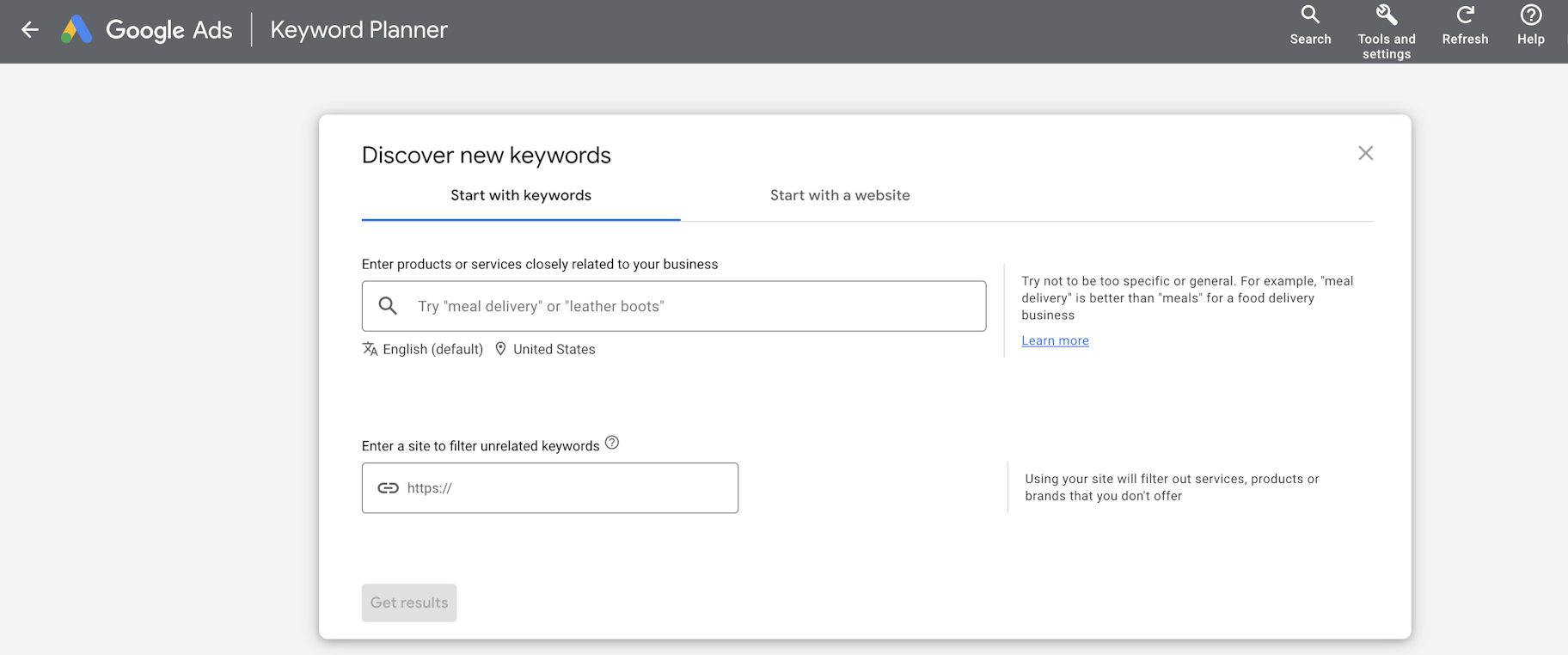
Google Keyword Planner is accessible to anyone with a Google Ads account. It provides critical data such as monthly search volumes for your chosen keywords, along with their historical performance. Additionally, you can use it to examine phrase match reports, which show how the order of your keywords impacts search rankings.
2. Google Search Console
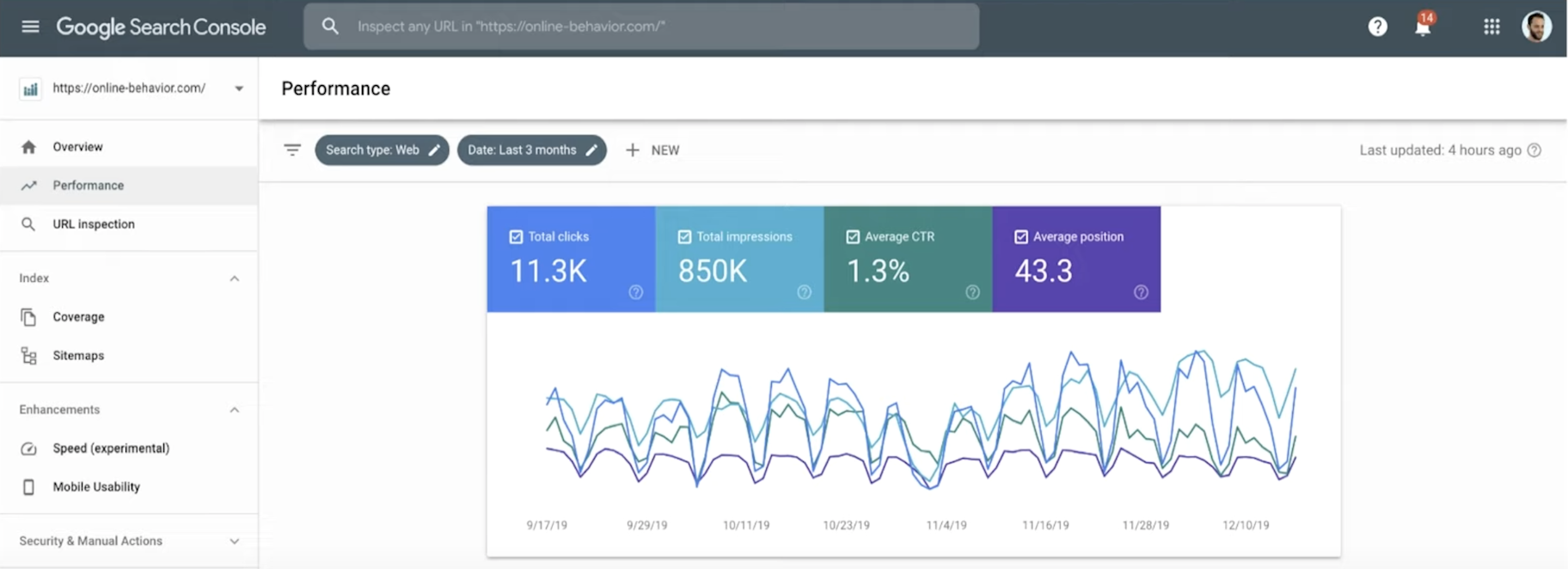
Google Search Console shows the keywords your site ranks for, lists your backlinks, and flags potential technical issues. Based on this data, you can optimize your site to improve search rankings and make necessary fixes.
3. Moz
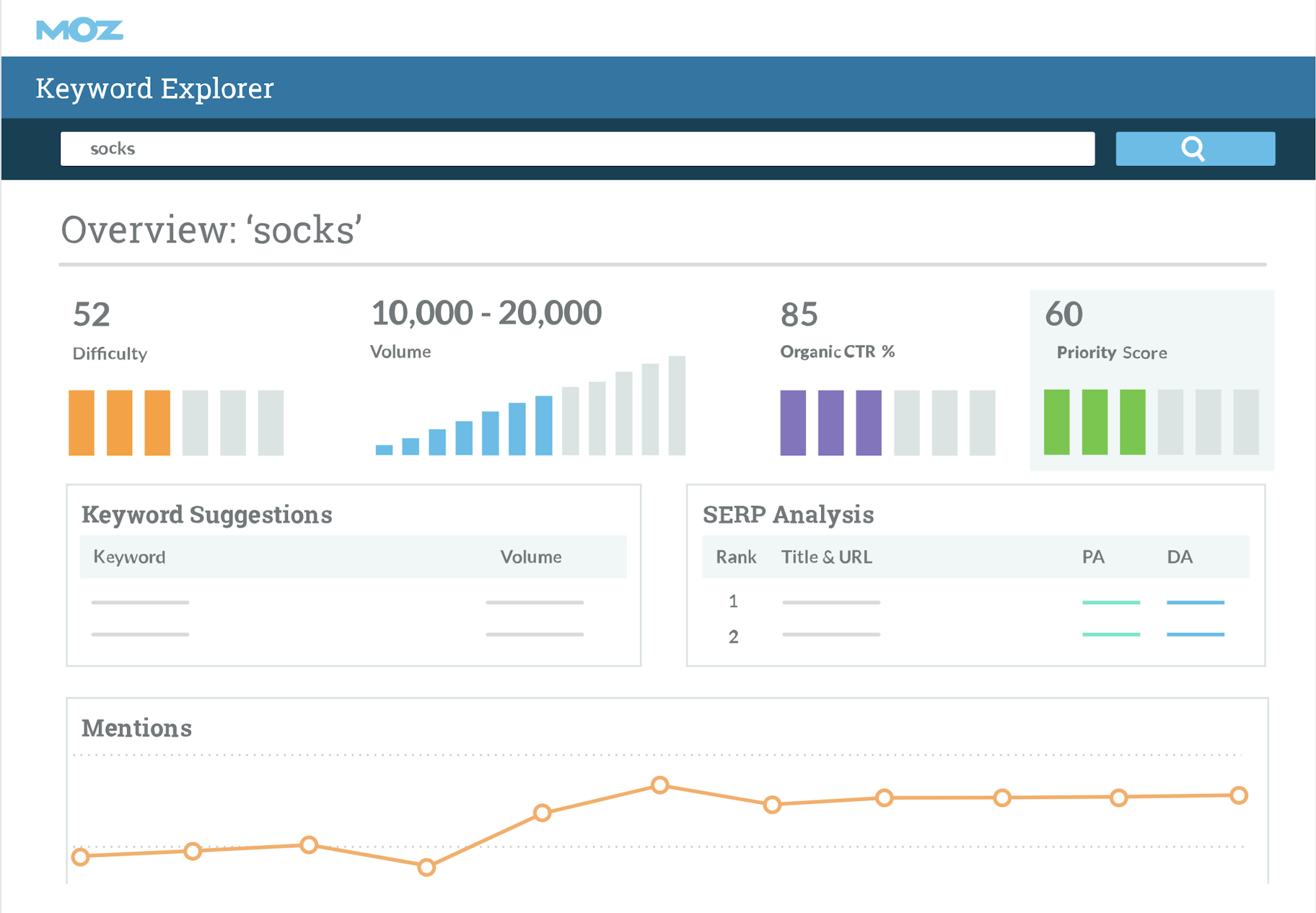
Moz delivers easy-to-digest reports on search volumes, keyword difficulty, and click-through rates. You get 10 free queries per month for each tool. While this may not meet the demands of larger companies, small businesses and individual merchants should find Moz sufficient for their keyword research needs.
4. Keyword Surfer
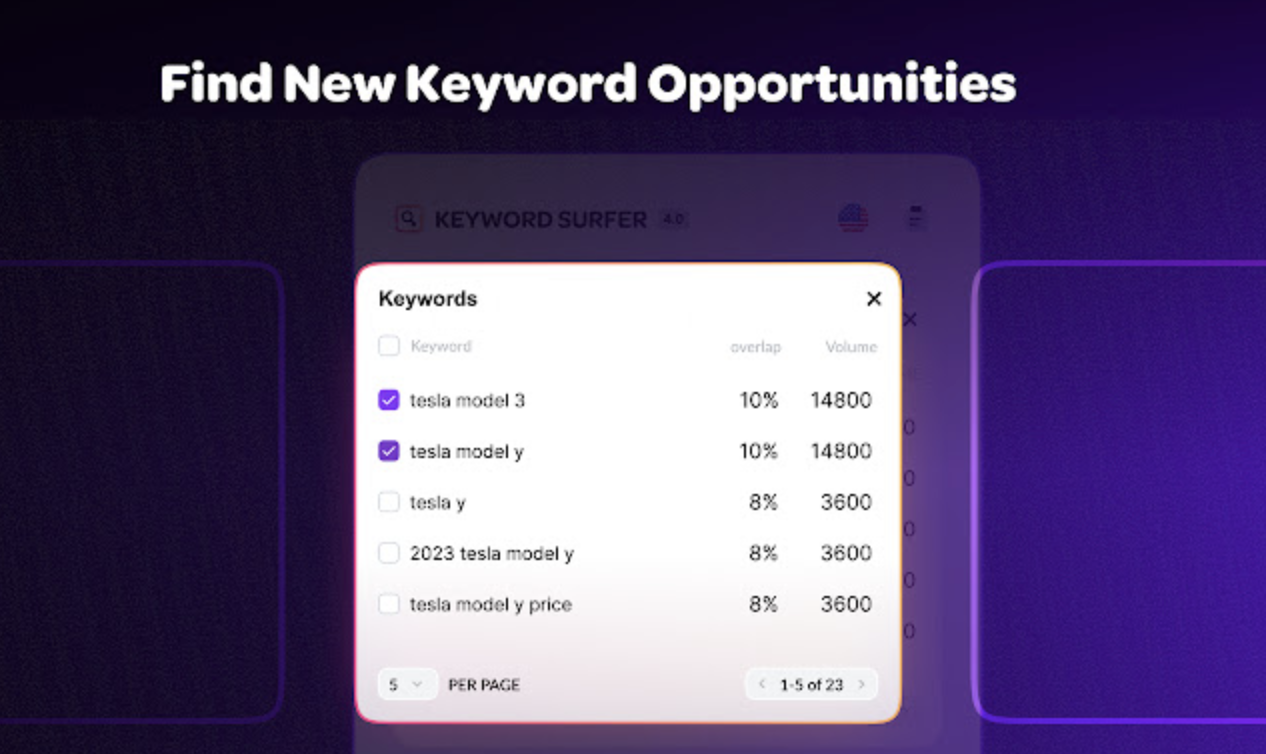
Keyword Surfer, created by Surfer SEO, layers directly onto your Google searches. Search for a term, and the extension shows you both current search volumes and estimated cost-per-click. Want to write a blog or article? Use the tool’s AI-generated outline to give yourself a head start.
5. QuestionDB
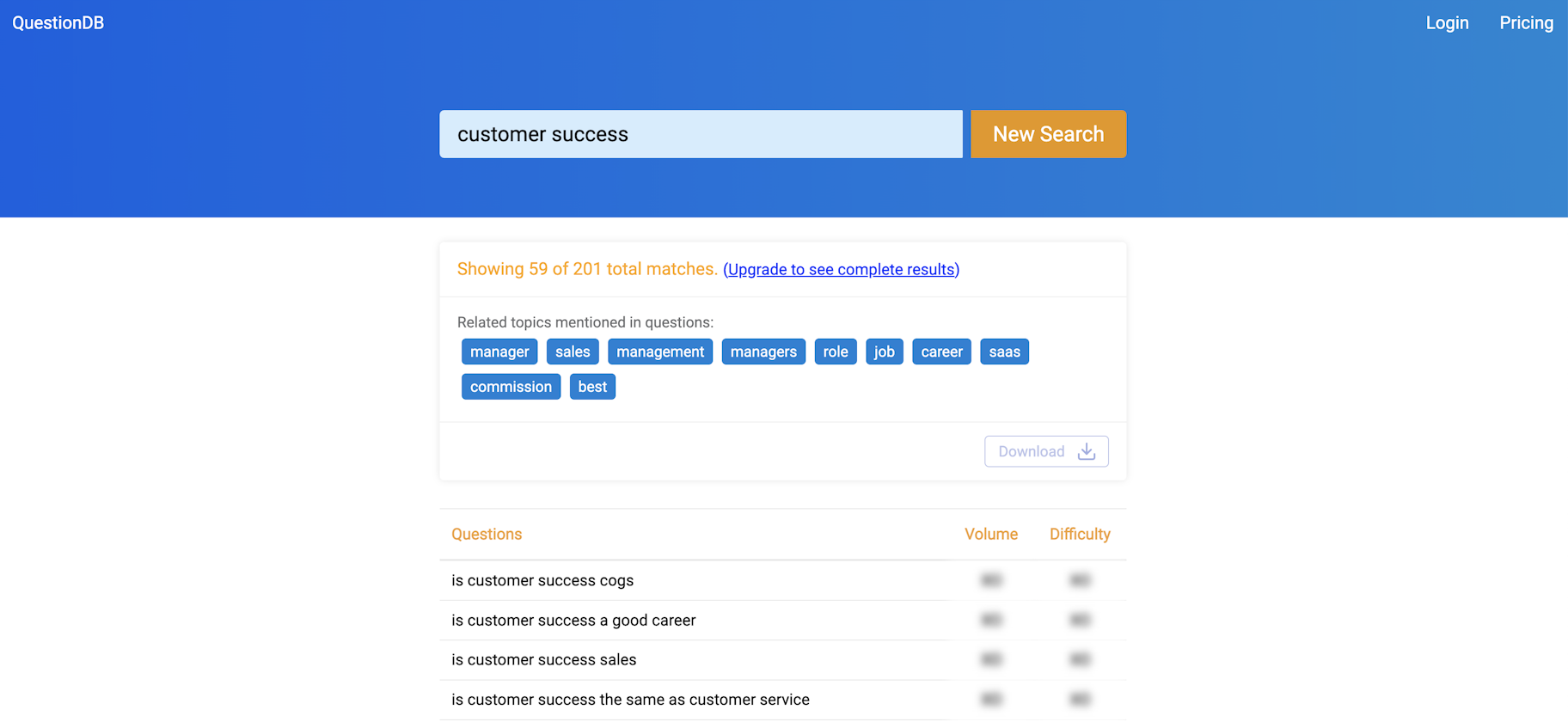
With Question DB, you tap into a unique angle of keyword research: user-asked questions. Not confined to just Google and Bing, the tool also pulls questions from forums like Reddit and Quora. You receive up to 50 results per search at no cost.
6. AnswerThePublic
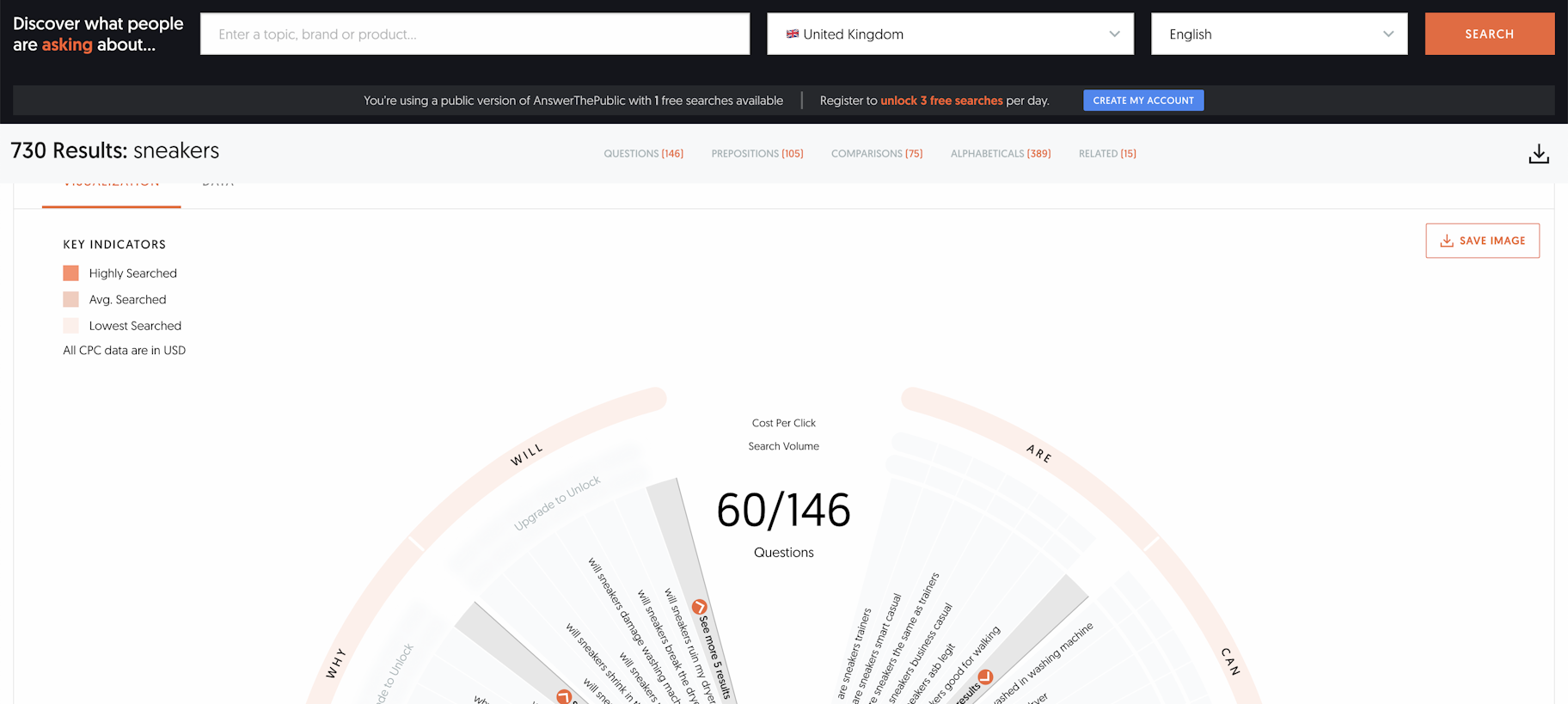
AnswerThePublic lets you run three queries daily for free once you make an account. Drawing from autocomplete data of major search engines, it provides relevant ideas for crafting compelling blog content.
Paid tools
7. Ahrefs
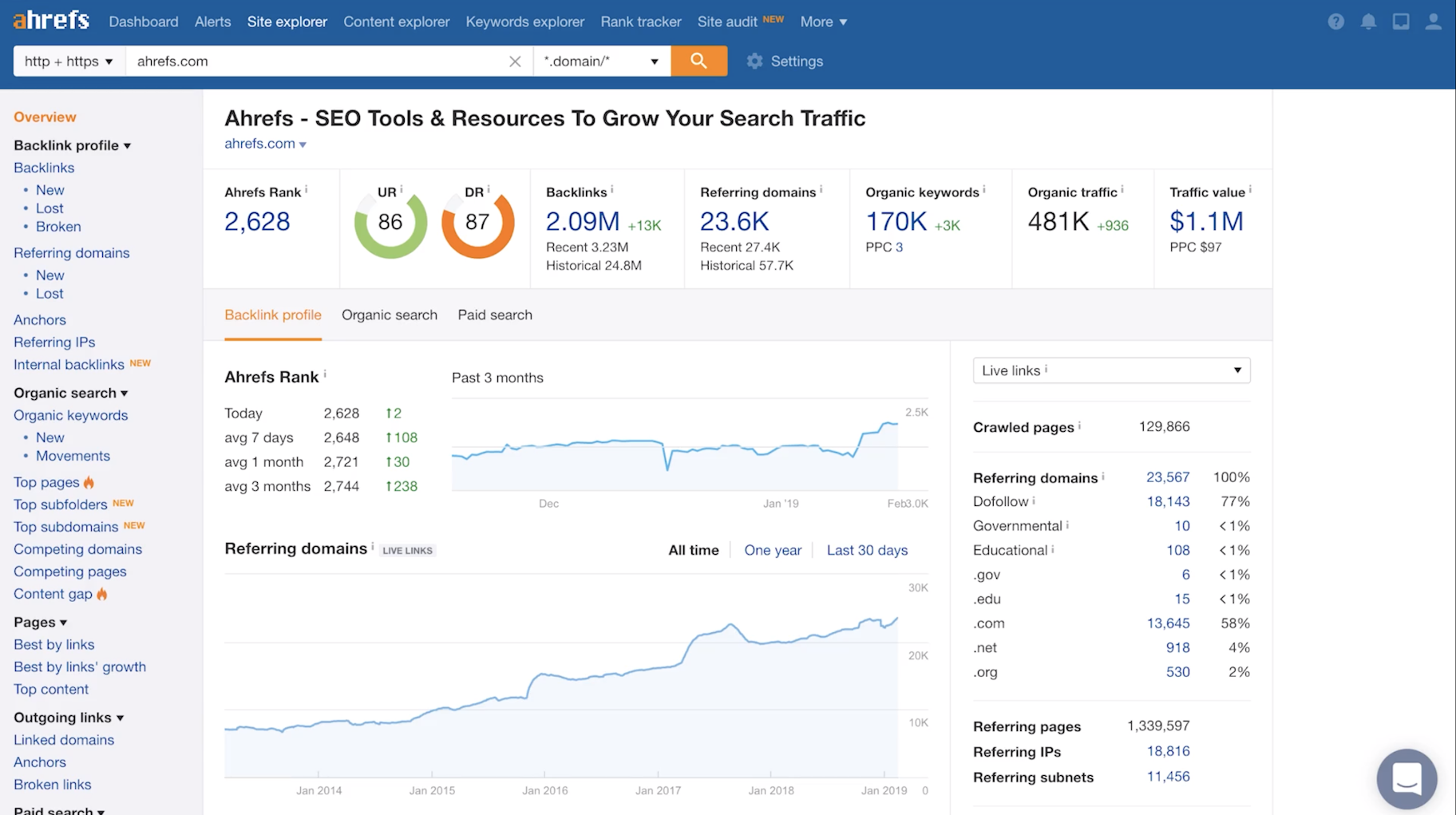
Ahrefs offers a keyword explorer tool where you input a seed keyword and receive related suggestions. These can include additional seed keywords or long-tail variants. Ahrefs’ monthly plans range from $99 to $999, with annual subscriptions offering some savings.
8. Semrush
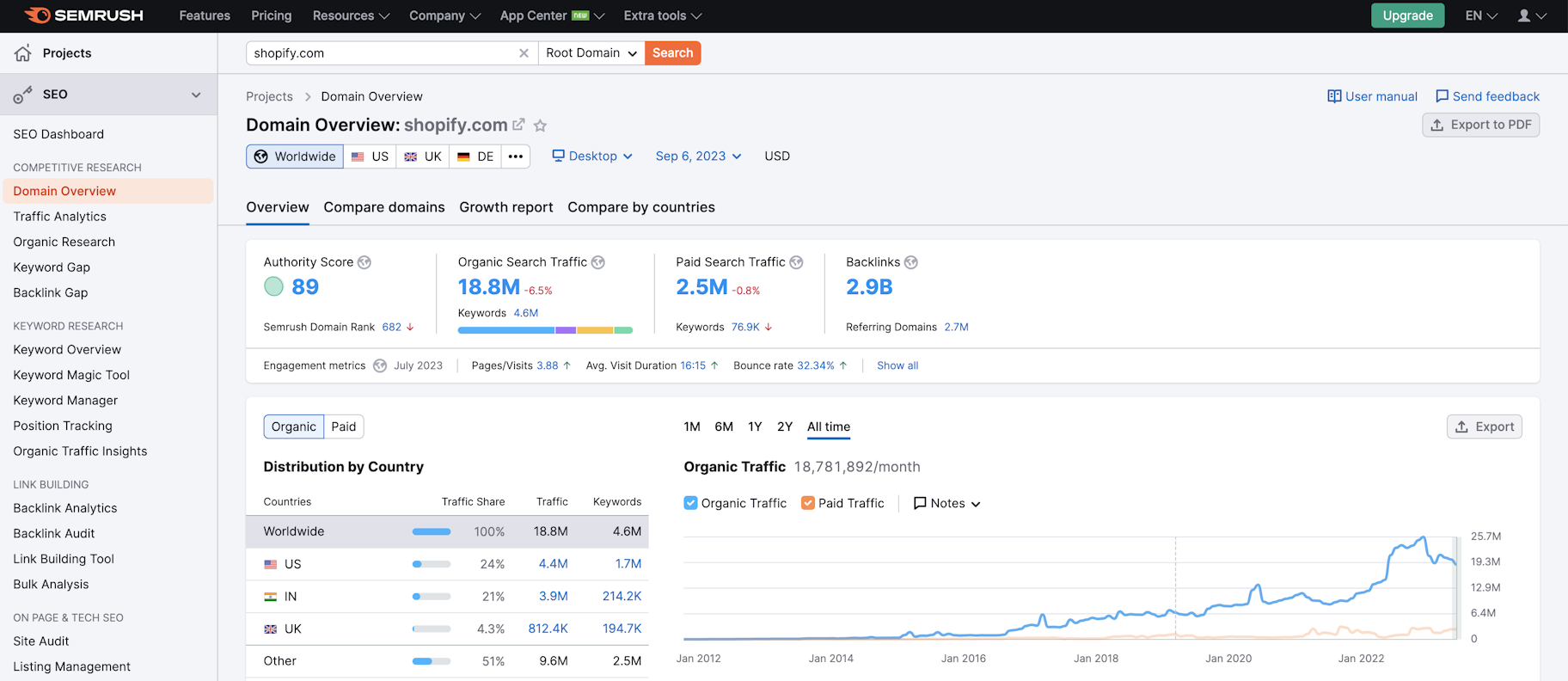
Semrush boasts plenty of features that help you find the right keywords. A standout feature is the Keyword Magic tool—enter your target keyword and get a comprehensive view of metrics like user intent, keyword difficulty, and more. Semrush’s plans range from $120 to $450 per month.
9. Long Tail Pro
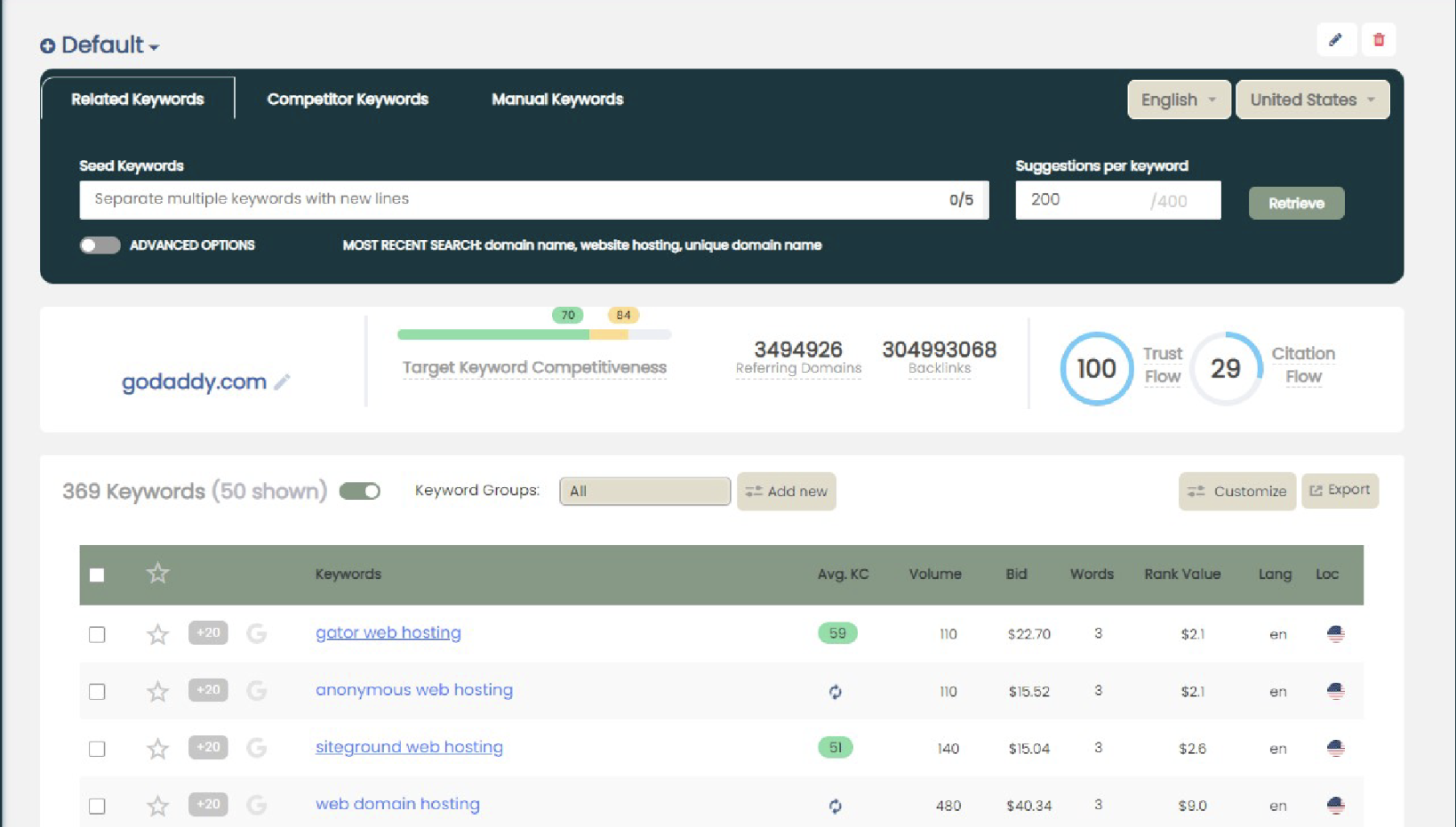
Long Tail Pro specializes in long-tail keywords, targeting niche but high-quality search results. The platform offers tools for backlink analysis, SERP analysis, and keyword rank tracking. Yearly subscriptions start at $297 and go up to $1,177.
10. SurferSEO
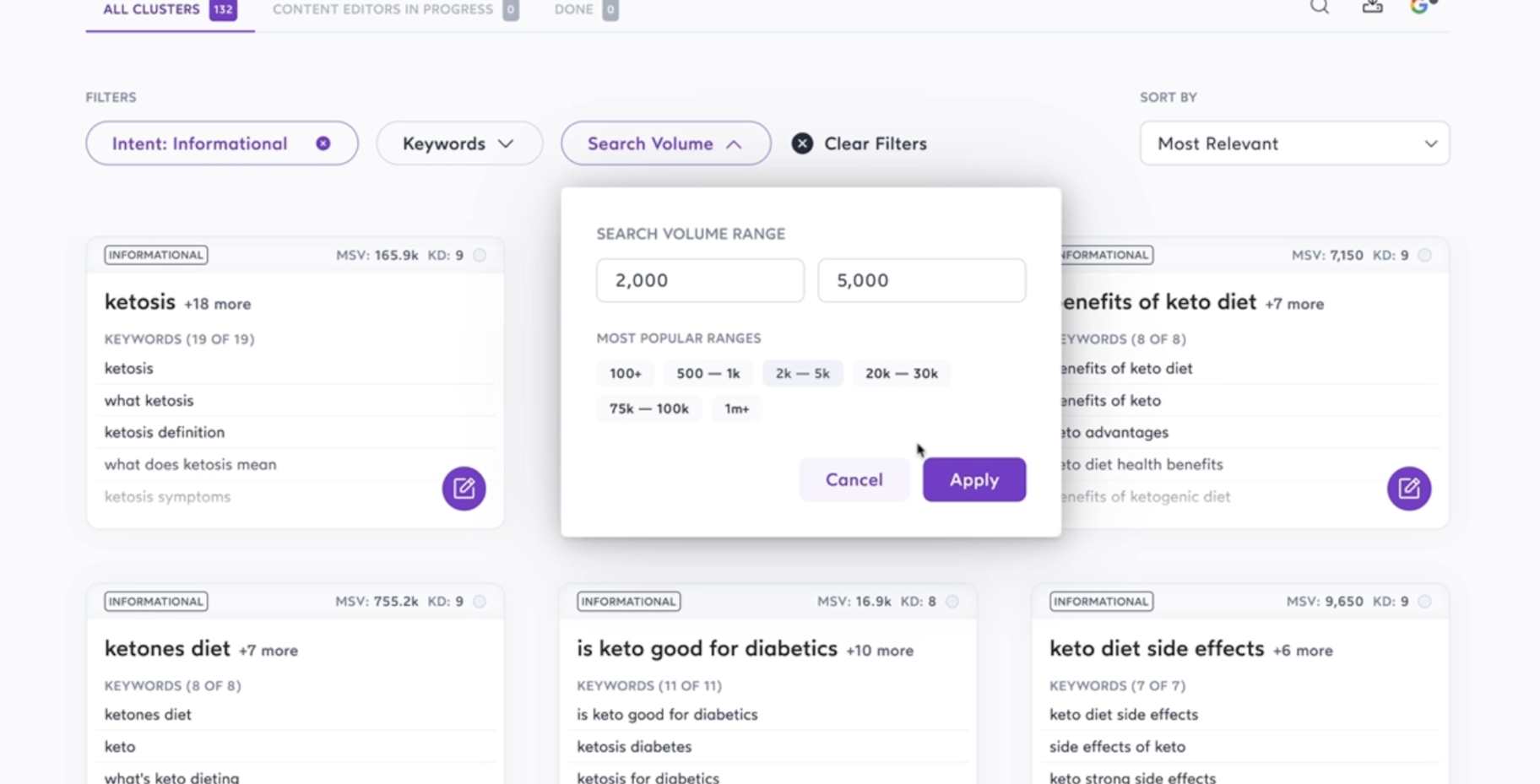
With Surfer SEO, you get affordable keyword research starting at just $49 per month. The platform generates “topic clusters” from your chosen keywords to inspire your articles. A built-in content editor helps you craft posts that align with these recommended keywords and section headings.
11. SEO Powersuite
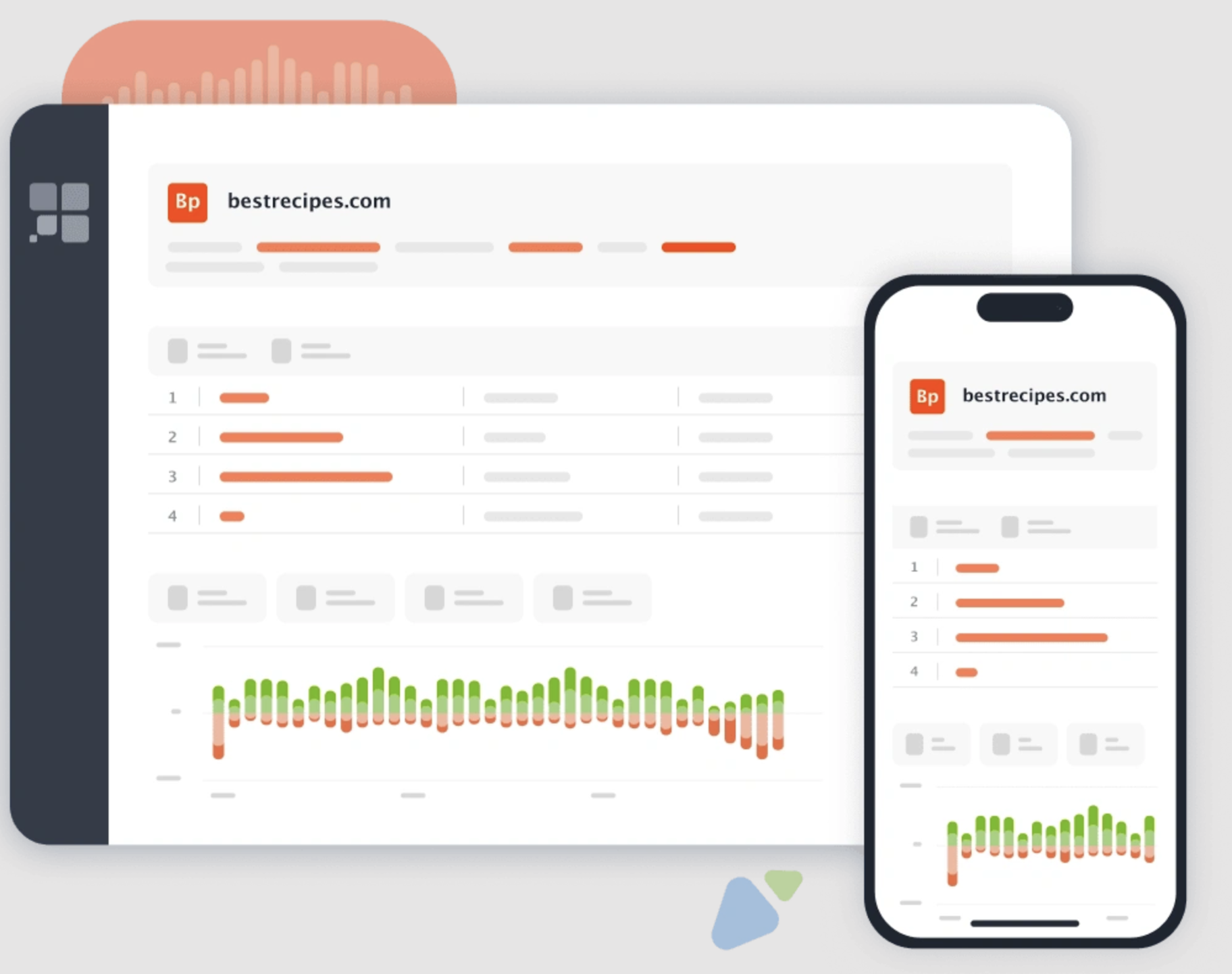
SEO Powersuite is an all-in-one SEO tool that includes keyword research, backlink history, sitewide SEO audits, and more. You can use it to optimize several aspects of your site and even generate custom reports. SEO Powersuite’s plans begin from $299 per year.
A keyword research tool is a type of online software that generates a list of phrases and words based on queries people type into search engines like Google and Amazon. You can incorporate these keywords into your homepage, About Us page, product listings, and other areas, so your ecommerce site has a better chance of ranking higher on search engine results pages (SERPs).
Keyword research is part of a broader ecommerce marketing tactic called SEO, or search engine optimization. Although it takes time and effort to execute, its return on investment (ROI) often surpasses that of paid advertising. As such, more and more online merchants are turning to keyword research tools to optimize their website content and get more organic traffic.
A keyword suggestion tool is designed to suggest additional seed keywords for your site. You start by entering a seed keyword—a word or short phrase. Then you wait for the tool to generate relevant keywords, which may also include longer, specific phrases, called long tail keywords. Pair these suggestions with insights from other SEO tools, and you have various ways to increase your website traffic.
There are two types of keyword research tools: free research tools and paid research tools.
Free keyword research tools offer basic insights without a cost. Although they limit the number of terms you can research, they are still valuable. For example, Google Trends shows monthly search volumes and suggests related keywords that could boost your store’s traffic.
In contrast, paid tools like Ahrefs offer more comprehensive features for a fee. You enter a term into a search box and receive an extensive list of related keyword suggestions. This level of automation and detail is usually not available with free tools, making the paid option a more effective choice for in-depth SEO work.
A high-quality keyword research tool offers essential features that benefit your website or ecommerce platform. Here are the considerations to make when evaluating different options for your business:
- Keyword suggestions: Seek a tool that not only provides a keyword list, but ensures those keywords are both high in search volume and highly relevant. You’re after terms that real people search, and that can convert visitors into customers on your site.
- Keyword difficulty rankings: This tells you how difficult or easy it is to rank on the first page for a specific keyword. For example, if you’re in the business of selling handmade soap, you may struggle to rank for a broad term like “soap.” However, you might find it more feasible to aim for specific keywords like “organic lavender soap.”
- Competitor analysis: The tool should allow you to examine the keywords your competitors use to attract traffic. This keyword data will help you refine your own approach to keyword strategy.
- Backlink data: Search engines consider backlinks a vote of confidence for your site. A top-tier tool should give you an overview of who’s linking to your competitors. This info helps you set realistic goals for your own backlink strategy.
Keyword research example
Imagine you run an online furniture store and want to improve its online visibility. Your ecommerce SEO strategy might involve ranking informational pages about office chairs. Using a keyword research tool, you can see how many people search for “office chairs” each month and the top websites ranking for that term.
You can then use the keyword tool to find content ideas related to this subject, like “eco-friendly office furniture,” “lightweight office tables,” and “office chairs for back pain.” Incorporating these terms into your pages could make them more valuable for visitors and increase sales for your store.
1. Discover search trends in different countries
Keyword research tools show you what people are looking for in different countries. That’s useful if you’re selling globally. You can tweak your SEO strategy to target those specific regional terms.
Let’s say you’re selling organic tea blends in the US and you want to go global. With keyword tools, you can identify the different words people in different countries use to search for your item. In the UK, for example, people search for “herbal infusions” more than “organic tea blends.” You’d want to use this phrasing in the landing pages you create for the UK audience.
2. Find keyword gaps
Keyword gap analysis helps you find the keywords your competitors use but you don’t. You input your competitors’ website URLs into the tool. It then lists keyword ideas that bring traffic to them but not to you. For example, if you sell herbal teas, your main competitor might rank highly for “caffeine-free teas,” a keyword you’ve overlooked. Use keyword tools to spot such gaps and improve visibility in SERPs.
3. Identify profitable terms to target
The best keyword research tools let you sort keywords by their level of competition, or “keyword difficulty.” High search volume means a keyword could bring lots of traffic, but it also means more competition. You want to know this to choose your battles wisely. Start by picking easier keywords closely related to your brand. This helps you gradually build up your website’s credibility. Later, you can aim for those tougher, high-traffic keywords.
Visibility on search engines doesn’t come by chance—it’s a strategic move. Your choice in keyword research tools sets the tone for your SEO performance, ultimately affecting your bottom line. So whether you’re starting out with a free tool or leveling up to a paid platform, remember: it’s not just about keywords, it’s about understanding your audience’s search behavior to win that coveted SERP real estate.



Want to learn more?
[ad_2]
Source link

